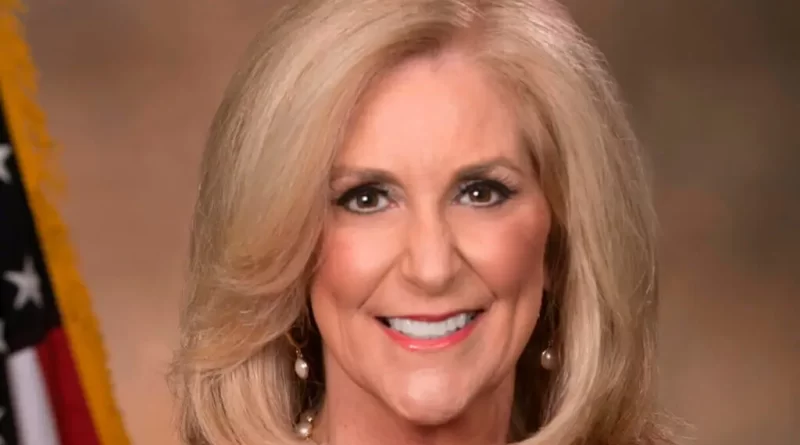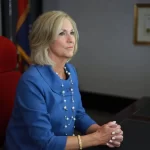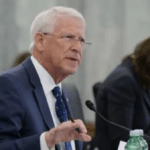Fitch calls on Congress to improve cooperation to end human trafficking
Mississippi Attorney General Lynn Fitch, along with Delaware Attorney General Kathleen Jennings, led a coalition of 36 states in sending a letter to Congressional leaders this week, informing them of an issue of grave concern with the National Human Trafficking Hotline and requesting their assistance to preserve the critical joint federal-state effort to end trafficking.
Since 2007, Polaris has operated the National Human Trafficking Hotline with funding authorized by Congress. Many states rely on the National Hotline to forward tips of suspected human trafficking to local law enforcement to arrest traffickers, safely recover victims and uncover evidence of trafficking rings and operations.
In recent months, it was discovered that Polaris only forwards tips to state law enforcement about adult victims in limited circumstances. This practice is contrary to what Polaris advertises, to what states and organizations have come to expect from this partnership, and, the Attorneys General believe, to what Congress expects from its funding. Additionally, in some cases, states have discovered a delay of even several months before the Hotline shared tips with states.
“Polaris’ failure to report tips to law enforcement will have a devastating impact on our state and national efforts to end trafficking and help its victims,” said Fitch. “Human trafficking is not wrapped up neatly inside jurisdictional lines. It is a criminal enterprise that does not respect borders and demands our cooperation and collaboration. Across the country, we have called on citizens to use the Hotline to help us end trafficking and we need Congress to act swiftly so we do not lose one more person due to this gap in reporting.”
Many states, federal agencies, and organizations have actively engaged the public in utilizing the Hotline for tips on trafficking in order to gather additional intelligence on trafficking operations, disrupt these criminal activities and recover victims. These newly discovered Polaris practices dramatically diminish the value of the Hotline to any of these efforts. Last year, General Fitch met with Polaris CEO Catherine Chen to discuss this matter and last week Generals Fitch and Jennings coordinated a meeting for state AGOs with Polaris to discuss this concern, but Polaris has indicated no intention to revise its policies.
In their letter to Congress, the Attorneys General wrote, “It appears to us that the Hotline is not performing the services it is already funded to perform. Without changes to Polaris’s operating procedures, our state anti-trafficking initiatives gain little from participation in the National Hotline. As such, individual states may be forced to establish their own state hotlines, as some already have begun to do. A nationally-run hotline not only achieves cost-efficiencies, but also ensures a uniform approach and allows for the collection of cross-state information with regard to human trafficking tips.”
The Attorneys General continued, “We urge Congress to ensure that Polaris makes changes to its current and reported planned tip reporting policies to begin forwarding tips regarding suspected human trafficking of adults, in a prompt manner, to the corresponding state’s law enforcement officials for their evaluation and response to ensure victim safety…We cannot afford to lose the benefits of this federal-state partnership to end trafficking.”
In addition to Attorney General Fitch, Attorneys General from the following states signed the letter: Alabama, Alaska, Arizona, Arkansas, California, Connecticut, Delaware, Florida, Georgia, Idaho, Indiana, Iowa, Kentucky, Louisiana, Michigan, Missouri, Montana, Nebraska, Nevada, New Mexico, North Dakota, Ohio, Oklahoma, Oregon, Pennsylvania, Rhode Island, South Carolina, South Dakota, Tennessee, Texas, Utah, Vermont, Virgin Islands, Virginia, and Wisconsin.
Read the full letter here.



